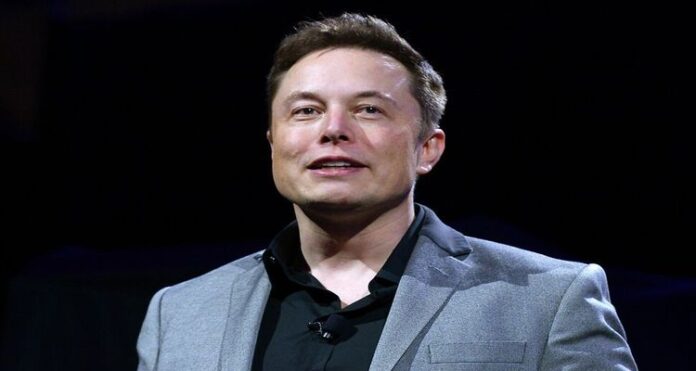
| Translate This News In |
|---|
Despite the uproar over which way Elon Musk might steer US political discourse now that he owns Twitter Inc, his biggest challenges may lie across the Pacific. Asia, which is home to more than half of the world’s population, is both Twitter’s biggest growth opportunity and, arguably, its most difficult challenge. If the Tesla Inc. and SpaceX billionaire follows through on his promise to end censorship, he will face a slew of perplexing regulations imposed by sometimes authoritarian governments and pushed to their breaking point by a flood of first-time internet users.
The numbers alone suggest that Musk’s biggest problems aren’t at home. According to the company’s most recent annual report, Twitter’s monetizable daily active users totaled 179 million worldwide, far outnumbering the 38 million in the United States in 2021.
Twitter, as a public company, has repeatedly stated that it must follow local regulations. Once it’s a private company run by the world’s richest man, Musk will be personally responsible for navigating the minefield – and the fallout if he fails.
“Asia has the ability to make or break the new Twitter,” said JJ Rose, a think tank contributor at Australia’s nonpartisan Lowy Institute. “It will depend on how he approaches it, and whether he can use it to further his free speech goals.”
Twitter and Musk representatives did not respond to requests for comment.
China
Although Twitter is officially prohibited in China, the country will continue to demand a large portion of Musk’s time. In a tweet shortly after Musk’s deal, Amazon.com Inc. founder Jeff Bezos alluded to the potential conflicts, asking, “Did the Chinese government just obtain a bit of leverage over the town square?”
One obvious point is that China is extremely important for Tesla, which is the primary source of Musk’s wealth. The billionaire will almost certainly face implicit or explicit pressure to fine-tune Twitter’s policies in order to please Beijing.
China is critical to the healthy growth of Musk’s business empire because it is the world’s largest electric-vehicle market and a supplier of Tesla batteries. Tesla has also received significant tax breaks in setting up his Shanghai Gigafactory – its first overseas plant – and has been permitted to wholly own its local operations, which is unusual for a US company.
A pressing issue is how Twitter wants to handle China’s efforts to spread propaganda on the platform around the world. In 2020, the company instituted labels for government leaders and “state-affiliated media” for publications such as Xinhua and Global Times, and readers are reminded of this government support whenever they like or retweet stories. The practise has been dubbed “intimidation” by the Chinese media, and activists have already begun lobbying the billionaire to end it.
“One of the harshest tests of Musk’s avowed dedication to expanding free speech on Twitter will be whether he resists pressure from Beijing to whitewash criticisms and challenges to China on the platform,” said Suzanne Nossel, CEO of the non-profit advocacy group PEN America.

















